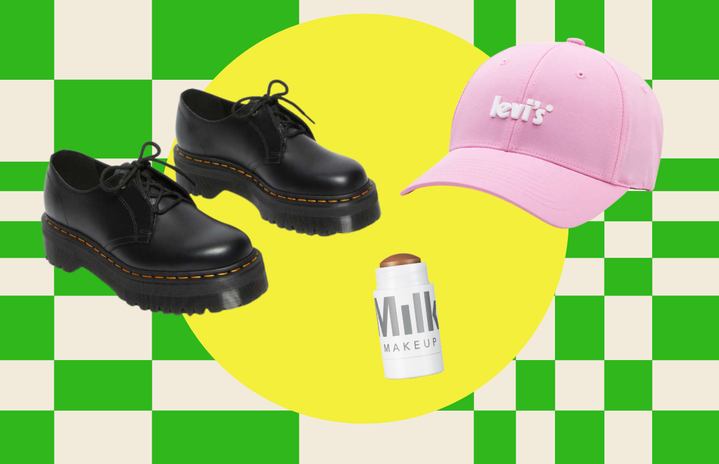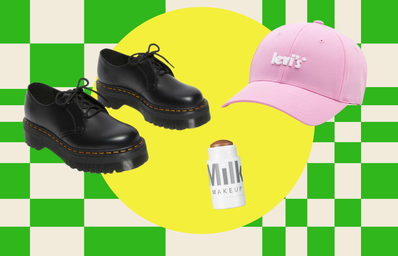Cottagecore. Quiet luxury. Coastal cowgirl. Coquette. Balletcore. Mafia wife. Old money. Clean girl. Siren eyes. Glazed doughnut. Cinnamon cookie butter brown hair. Link in bio!
It seems there is a new social media trend every week. As the seasons and weather change, young consumers are sometimes left feeling guilty and arguably inferior to the latest “it girl” portraying a seemingly perfect life and trendy hair, nails, skin, and style.
TikTok is now trying to make “underconsumption core” a trend — where one good water bottle, eye shadow palette, or purse is seen as “in” and is the latest trend to follow. Influencers who urge their followers to purchase particular products based on self-promotion or as recipients of PR packages increase a self of disillusionment that doesn’t exist within their own online bubble, and fail to accurately represent the greater population of people who simply can’t afford a surplus of (mediocre) products.
Underconsumption in Everyday Life…
The underconsumption trend, I think, stems from a sense of frustration with what social media portrays as the norm. Creators share their parents’ hand-me-down towels and impressive thrift finds to ironically influence viewers that a full and prosperous life is still entirely possible without the desire to accumulate pieces and elements from haphazard and constantly evolving trends.
Some economists argue the negatives of underconsumption lead to a more stagnant economy, where consumer spending is insufficient to sustain the overall level of economic activity in an economy. I argue that underconsumption is something we choose to engage in for personal benefits, rather than to alter the greater economy. The many benefits I’ve discovered thus far are an improved sense of mindfulness and financial freedom. Saving money in small ways does add up over time, and leaves more flexibility to invest in experiences that will enrich your life.
My Take on “Underconsumption”
That being said, I have to practice what I preach and say that by no means am I a minimalist. I think the beautiful thing about this new “trend” is that it can appear in a variety of forms depending on the person and their needs and passions. I think the term “underconsumption” for a majority of people who understand the popular meaning now don’t think of it as consuming less per se, but instead, consuming a normal amount for one individual person.
Reintroducing normal consumption should not be a trend, I argue. Reusing, repurposing, and using up before buying new are the best ways to participate in sustainability efforts while clearing your head from the microtrends that surround us in our online lives. It can certainly be daunting to develop more mindful consumer habits, especially when companies and influencers put the take on us, the individual, to make these decisions while dangling the “it girl” carrot over our heads.
The decision is left to you: by evaluating your needs and wants, personal ambitions and goals, and practicing gratitude for what you already have, perhaps the desire to spend more and more on particular categories of products will slowly dissolve.
Remember, it’s not necessarily about under-buying, but deliberate, mindful purchasing…


